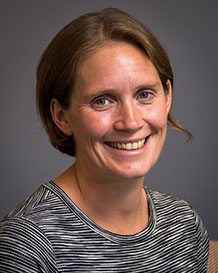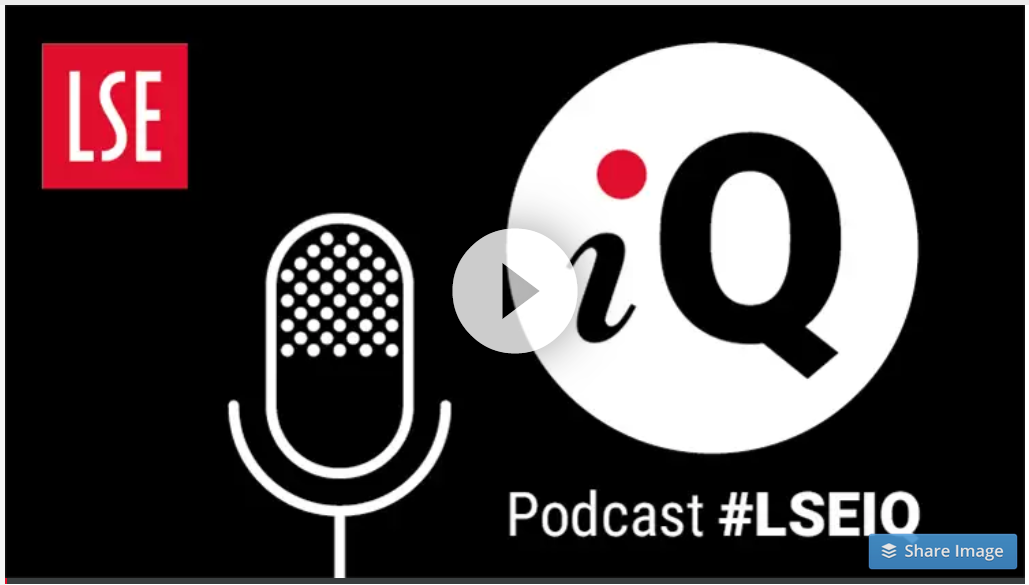 Ruth Patrickwrites that two crises, COVID and the spike in the cost of living, have hit the most vulnerable especially hard. She describes a project in which parents and carers living in poverty from across the UK came together online, offering one another peer support, documenting their experiences in diaries, and sharing ideas for a better future.
Ruth Patrickwrites that two crises, COVID and the spike in the cost of living, have hit the most vulnerable especially hard. She describes a project in which parents and carers living in poverty from across the UK came together online, offering one another peer support, documenting their experiences in diaries, and sharing ideas for a better future.
On her last day before becoming prime minister, Liz Truss told the BBC’s Laura Kuenssberg that looking at the economy ‘through the lens of redistribution’ is the wrong thing to do. She argued that, instead, we need to focus on economic growth, implying a trade off in choosing to target growth or inequality. Economists were quick to debunk her argument, citing evidence of the many countries with both higher growth and lower inequality than the UK. Her Chancellor’s mini budget prioritised only redistribution up the income chain, delivering a radical programme of tax cuts, and nothing for the poorest, unless you include threats of benefit sanctions for those who didn’t engage in paid employment.
While our new Prime Minister’s reluctance to prioritise inequality, and action to address it, will concern many of us, it is arguably especially disappointing, and perhaps surprising, given our experiences of first the pandemic and now inflation. COVID-19 and the cost of living crisis have shown us just how much inequality matters, and how it seeps into and impacts every aspect of everyday life. With the pandemic, we saw how those in the most poorly paid and precarious employment were especially vulnerable to catching, and then dying of COVID-19. The poorest had to increase their spending during the pandemic at the same time that those higher up the income chain were able to amass significant savings. We also saw how those from black and minority ethnic communities were especially vulnerable to both catching, and dying of Covid-19. This greater vulnerability to Covid-19 relates to different poverty risks, with new research finding that black and minority ethnic people are 2.5 times more likely to be in poverty than their white counterparts.
The leisure activities that the the poor routinely enjoyed were suddenly and drastically curtailed. With the cost of living crisis, we now see how impossible it is for those on the lowest incomes to keep up with the rapid increases in prices and energy bills, and we see widespread predictions that this will negatively impact the health of not only adults but children in affected households.
In our new book, A Year Like No Other: Life on a Low-Income during COVID-19, my co-authors and I share the everyday experiences of hardship that characterised the pandemic for families in poverty. Our book grew out of COVID Realities, a collaboration with over 100 parents and carers living in poverty from across the UK. At the height of the pandemic, and as the country repeatedly locked down, parents and carers came together online, offering one another much needed peer support, documenting everyday experiences through diaries, and sharing ideas for a different, better future.
The experiences of the parents we worked with shows how the pandemic was characterised by intersecting insecurities in which, for example, the difficulty of home schooling or a period of self-isolation collided with fears over how families would afford the additional costs of keeping affected children fed and warm. The everyday experiences of poverty in the pandemic also shine an unforgiving light on the inadequacies of our social security system, and the pressing need here for reform.
In the book, we document the first year of the pandemic, sharing diary entries that illustrate the extent and nature of the hardship faced—diary entries like this one from Jasmine:
I decided to put my situation in words. I am 33 yrs old. My daughter is 13 yrs old. Am single mum. Who escaped domestic violence from my own family few years ago. I raise my daughter alone. I can honestly say the guilt I feel inside is something I can’t explain. I can’t afford internet so my child has not done homework. She has basically been that bored my child has become self destruct[ive]. I currently have no cooker. Council has refused me. I live on 543 a month. And basically get no support.
Importantly, though, the book ends with a manifesto for change, sharing the calls from parents and carers themselves for a more dignified, compassionate, and adequate social security system. This call is underpinned by ideas of hope and by care. Things can and must be different, and we all need to work together to create a better future.
Contrary to what our new prime minister says, redistribution has a central role to play here, and is especially important if we are to reverse the predicted rapid rises to child poverty. Liz Truss would do well to listen and engage with those who participated in COVID Realities, whose recommendations set out very clearly what is needed, and why her current approach will cause only more hardship, at a time when support is so desperately needed. We have sent the new prime minister a copy of our book, along with a letter from one participant. Victoria’s letter concludes:
I shall end this letter on a personal request: See us, hear us, learn from our experiences. Please be bold. Please prioritise our country’s long term needs over short term wins. Our children are all of our futures, please read our experiences and let them motivate you and your peers to improve the lives of our nation’s families and change our reality for the better. After all, we can’t build back better if our children are trapped cold and hungry.
You may also like this episode of the LSE IQ podcast: What’s the future of capitalism?
_____________________
Author’s Note: COVID Realities was a collaboration between parents and carers, the universities of York, Birmingham and Child Poverty Action Group. The project has been funded by the Nuffield Foundation, but the views expressed are those of the authors and not necessarily of the Foundation.
 Ruth Patrick is Senior Lecturer in the Department of Social Policy and Social Work at the University of York.
Ruth Patrick is Senior Lecturer in the Department of Social Policy and Social Work at the University of York.
Photo by Marco Verch Professional Photographer, under a CC-BY-2.0 licence. Original photo here.







